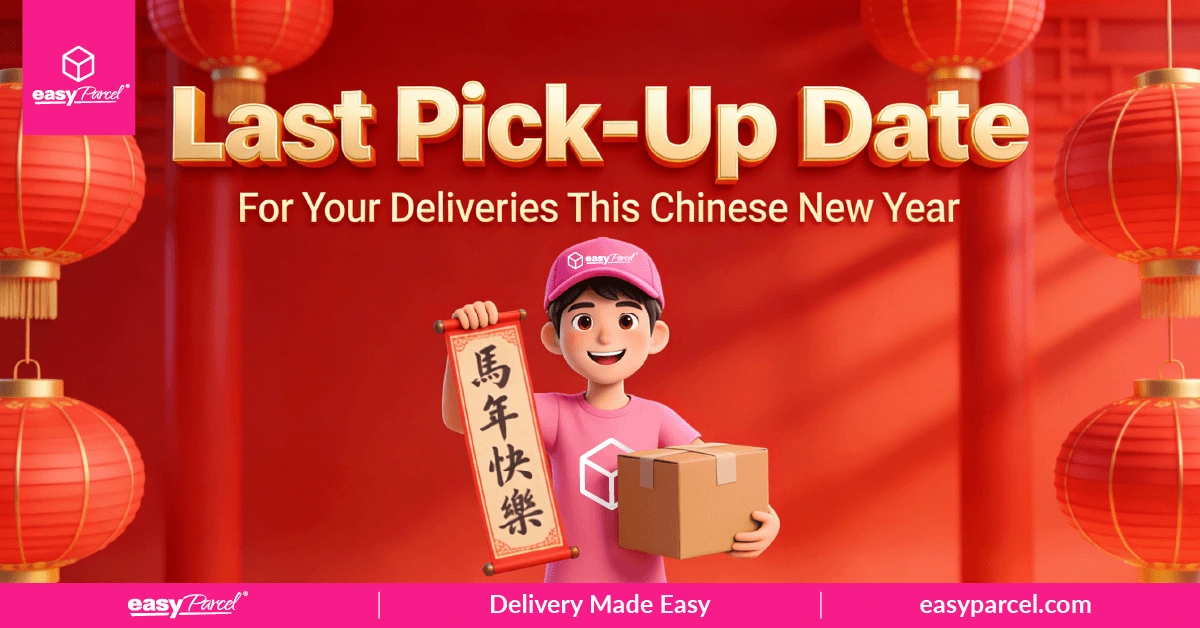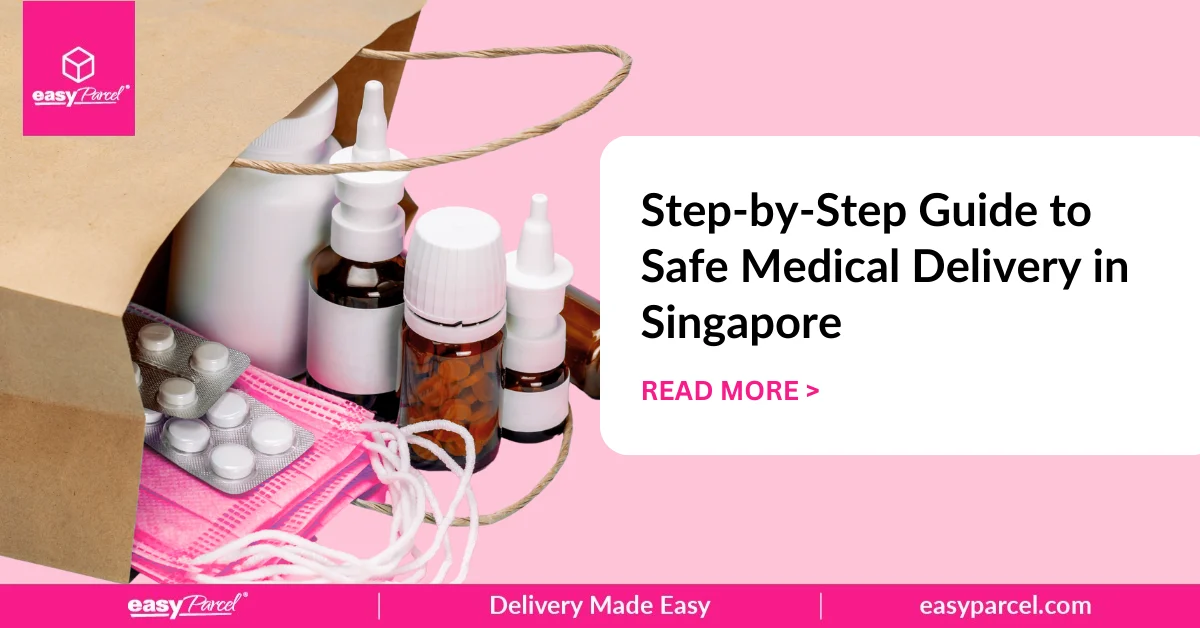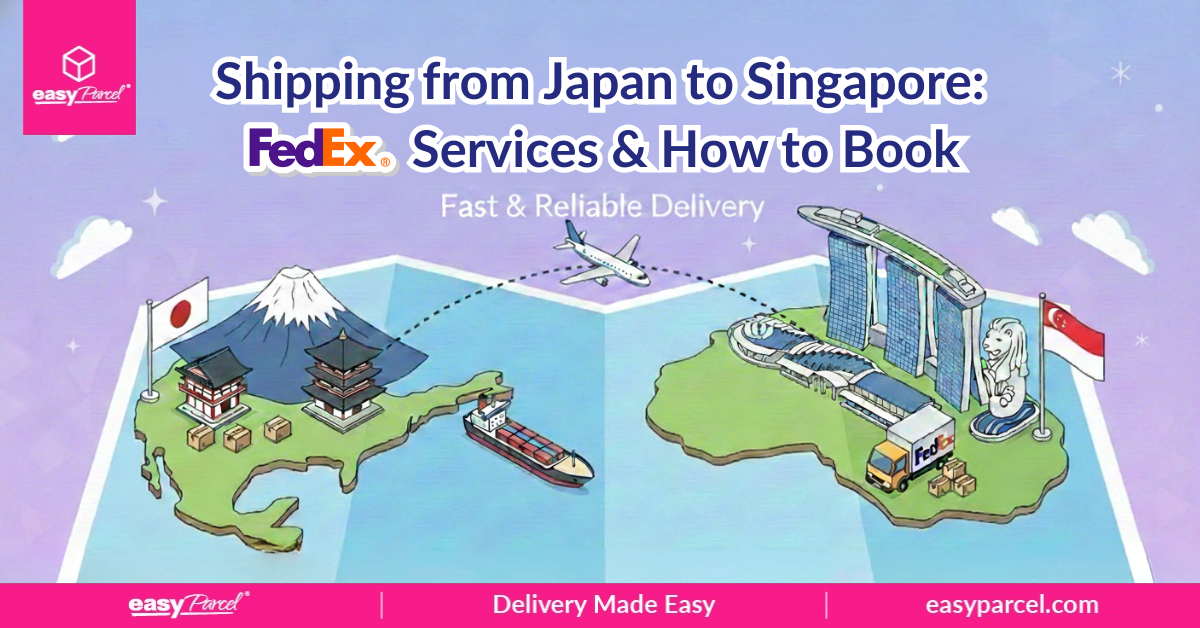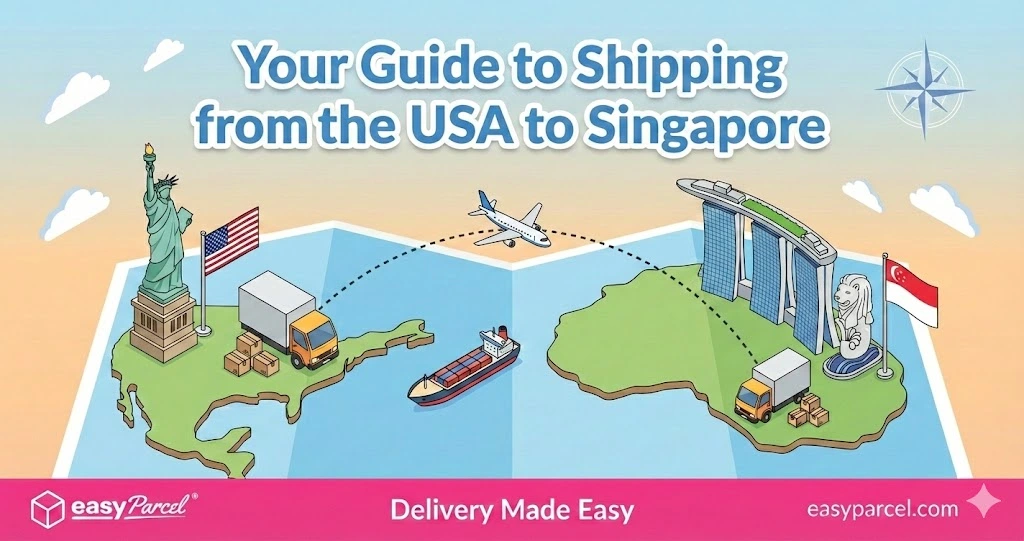"I want to start an online business"
Is that something that you’ve been telling yourself lately?
Well, if you’re looking to start your own business, there’s no better time than now to get going.
E-commerce has allowed many to start their own businesses fast, easily and at a relatively low cost. You can practically set-up every thing your e-commerce business needs using your laptop and your mobile phone.
Chances are, if you’re reading this, you want to start your own e-commerce business – and you’ve got many good reasons to want to.
For one, you’ll own your time and your life, and you’ll work on your own terms.
The promise of owning and operating your own business using just your laptop and mobile device means that many are flocking to get their share of the e-commerce market.
That’s why you’re here. Aren’t you?
You’re looking to start your own e-commerce business, and you can already see the highs and success that will come from your hard work and dedication. Or at least you’re considering that.
Whether it’s just a side-hustle gig, or maybe you want to do your part in making the world a better place by offering something better that the market doesn’t have, starting the business has practically unlimited upside.
What better way to live your life freely and on your own terms than to start your own business, where you can work anywhere, anytime and anyhow you please and you’re able to generate a consistent and sustainable income stream?
The TRUTH about starting an online business
Here’s the thing: the truth behind starting a business – online or offline – is very different.
You may think that you’ll have to work less, but that’s not the case. Very likely, if you want to make your business successful, you’ll have to work around-the-clock.
You might even have to continue your job whilst you build your business.
You may even have to skip weekend leisure time to work.
The worst part: You might not even make it – over 80% of online businesses fail within the first year. That means 4 out of every 5 businesses will not survive past their anniversary.
Don’t mistake us though; we’re not trying to scare you or make you not want to start.
Rather, this is all to let you know that if you’re truly serious about starting your own e-commerce business, you have to be prepared for a road ahead. It will be rough and it will be challenging – but if done well, can be exceptionally meaningful and rewarding.
To launch a successful e-commerce business means to adopt a willingness to accept that you may fail – and decide to do everything in your control to join the list of success stories
Starting a business is both a technical and philosophical decision: you need the necessary knowledge of how to start, an understanding of the market’s supply and demand, but also the wisdom to ask yourself a few questions, such as “is this worthwhile use of my time”, and subsequently, “is this a worthwhile use of my audiences time and money?”.
If you’ve made it to this line, it’s likely that you’ve decided that you’re ready for everything that’s bound to come. To give yourself the best chance of success, you’re going to have to equip yourself with everything you need to know to get started and keep yourself in the game.
Here are the 7 things you need to know – and do – to get started with your e-commerce business:
#2 Sourcing and Distributing your Product or Service
#3 Get your business legally registered
#4 Develop your Brand and Build your Website or Online Store
#5 Get a Website, Domain and Hosting for Your E-Commerce Business
#6 Create a Marketing Plan that Works for Your Business
#7 Find Fulfilment and Delivery Solutions
#1 Decide your Niche and Focus on your Target Audience
When you first started with the idea of starting a business, you likely had a specific area you wanted to focus on.
Maybe it was health, toys, or fashion. Or maybe it’s not even product based, but service or skill based like digital photography or personal training. There are no shortages of niches and areas for you to dive into and explore.
Whatever that area is, it’s crucial to focus and zone-in on that.
The keyword here is focus.
Focus is key to thriving in your e-commerce business.
It’s better to focus on doing well in one area than it is to try and succeed in every niche. By serving one niche well, you appeal to a specific target audience that will look to you for solutions to their problems and desires in this area. Plus, it’s a lot easier for you to manage, especially when you’re just starting out.
Once you’ve found and decided on your niche, you then need to find out ‘what would you like to make better or improve in your niche?’.
- What are the existing services and products and how can they be made better?
- How can you do a better job in serving the audience of this niche?
- How does what you want to sell and market affect your users and make their lives better?
As a business owner, you have the power to decide how you want things done and how much of an impact you want to make.
You don’t necessarily have to live up to that ideal of a business that makes the world a better place on some grand, aspirational level, but it’s something to think about. Instead of starting big, you can focus on making the world of the people you touch a better place.
How?
By being genuinely interested in trying to understand your customers and give them solutions to their issues or desires.
That’s ultimately the reason why they will buy from you in the first place – and why they’ll keep coming back if you serve them well. Give your customers the right solution and they’ll come back for more, and this will keep you in the game for the long-run.
People (read: humans) are creatures of consistency; we love finding good – great, would be even better – things and sticking with them.
Think about instances in your life where you’ve had a pleasant experience with a brand and loyally stuck with them because of that experience.
You were looking to buy just a sports shoe but ended up buying the aspirations and the lifestyle that came along with the brand and the product. You wanted a watch, and you bought one that sent a message about your status. Your favourite restaurant? That’s how they’re also thinking about it. They know that when they feed (pun intended) you well, you’ll want to keep coming back for more.
Customer retention is so important for businesses – especially those that are starting out. Loyal customers are the biggest revenue base for most businesses and will be the ones that stay with you through the good and the bad.
“A business is simply an idea to make other people’s lives better.”
Sir Richard Branson
#2 Find Sourcing and Distribution for your Product or Service
Once you’ve figured out what niche you want to focus on, you’ll need to know what exactly you’re going to sell – and where you’re going to go to source them.
For services, you’ll need to find a way to host your content and market yourself. Here, a website will do great in helping you display your portfolio and content whilst also being a place where potential clients can contact you to request for quotes or make appointments.
If you’re a freelancer looking for a guide on how to start your own business for your service, check out this article from hubspot writer Jay Fuchs.
If it’s a product, you’ll need to find a way to source the products. For service or skill-based businesses, you need to know where to go to market yourself and how you want to sell yourself.
For products, there are the four primary ways to source:
- Dropshipping (barely any involvement. Sellers need to order items and fulfil them to customers)
- Wholesaling/warehousing (where you buy stocks of your inventory and then have them placed in a warehouse)
- Manufacturing (requires the most involvement, highly recommended for business that offer unique products that are trademarked)
- Self-Creation (for businesses that are based on hand-made creations)
For more information on what they mean, we highly suggest reading more about how each process differs from one another here, but essentially, the difference in the four methods range in terms of their involvement with the manufacturing process. Regardless of your product or service type, you’ll need to look for and explore the best options for you.
#3 Get Your Business Legally Registered
Now, you’ll need to set up the legal details of your e-commerce business – a.k.a the not so flashy and boring part.
Warning: Do NOT take this step lightly, because it’s arguably the most crucial step in ensuring everything goes smoothly.
Without legal authority to conduct your business, everything you’ve had planned is merely just another dream and can go up in flames.
It’s important to know your country’s laws in regards to legal business practices and follow them to ensure that you don’t get on the wrong side of the law. Not preparing for this can derail everything you worked so hard for, and ultimately kill your dreams and aspirations.
Having failed because of a bad business strategy is tragic, but failing because of a legal matter which could have been handled appropriately early on, is – for lack of a better term – foolish.
It’s not the most exciting thing to take about or handle, but once you’ve done this step, you’re well on your way to developing your e-commerce business.
#4 Develop Your Brand
Once you’re legally ready to start your business, it’s time to take what you’ve visualized and turn into something for the world to see.
This is where you begin branding.
Part of what makes up your branding will be your own persona and character. You’ll have to factor in things like:
- What are the colours you’re going to use?
- What tone do you want to adopt?
- How do you want your brand to visually look like and feel?
From there, you’ll need to start developing the brand material that will begin to amplify your brand persona and character. Brand material includes things such as:
- Your logo
- Your textual style – in your copy and in conversations
- Design styles, graphics, icons.
- Even the mediums that you use to communicate
These components will come to make up a significant part of your business brand, and it’s something you’ll really need to take into consideration. Why?
Because your brand is more than just a name and image.
It’s how people will perceive and remember you. It’s how you’ll look to the world and how you’ll separate yourself from the rest of your competitors.
It can be the difference between you being first and second choice when it’s checkout time.
People base purchases off their preferences and perceptions of brands.
When I say the word sport shoe, it’s very likely you already thought of a brand in mind. Be it Nike, Adidas, or any of the other brands out there, if you had to choose, it’s very likely you’d have chosen the first brand that came to mind.
How you achieve your branding goals will vary from everyone else, but essentially, your brand material is how the character of your business will be portrayed and perceived.
That’s why it’s so important to design and develop your brand as well as you can, and to make it look, sound and feel how you’d like it to feel.
#5 Build Your Website or Online Store
Next, you’ll need to think about how to host all your content and create your online store.
The best solution for this is websites.
Websites are the best way for you to host all your content and marketing material for your business whilst also simultaneously acting as your online store.
Domain and Hosting
These are the first two things that you’ll need to consider before setting up your website.
To make a complex subject simple, your domain is the specific address that your website will have on the internet. It’s your name and your identity in a world of seemingly infinite websites.
Your hosting is how you keep your domain on the internet and allow you to publish your content and handle transactions. Having hosting means that you’ll be able to ‘host’ all your files and data – which is important to keep a website updated.
This can seem really complicated but if there’s one thing you need to understand, it’s this – your domain is your identity on the internet, your hosting is how you maintain that identity with all your files, content and data.
If you’d like to understand more about domains and hosting, I’d highly recommend reading this article.
To make things a lot easier, I’d recommend using a web hosting service provider that can help you to handle and automate the hosting and income of traffic that comes to your website. That way it’ll be much easier for you to manage your website – just focus on the content while the service provider works to keep your website online. Need a suggestion? Check out exabytes.
Once you’ve got your domain and hosting sorted, you’ll need to think about what you’ll want to have in your website.
So, what should you have in your website?
At the very least, you should have some features such as:
Blogs – to publish content and host all your marketing content
FAQ’s – to answer questions from the customer that are generally and frequently asked
About us – to tell your customers more about your business and brand
Product Pages – this is where your customers can view your products and the information they need to know before making a purchase
Carts and Checkout Pages – for your customers to easily make purchases
A well optimized website will allow your user to navigate the page with ease and help them to get from information to cart as seamlessly as possible.
Keep this in mind when designing your website and make it easy for your visitors to become your customers.
Once you have your website, you need to know how to monetize it and allow your visitors to purchase or order what you’re selling.
Here, you may want to consider store integration.
Integration is the process of integrating an online store of your choice with your website. Online shopping platforms such as Shopify are simple and easy to set up and can be easily integrated into your website.
Website Design
Once you’ve set up your website, you’ll need to design it based on how you’d like your brand to look and feel like – which is something we talked about earlier.
To design your website, you can use sites like WordPress and Wix to help you. Both sites offer users the ability to design and customize their own websites as easily as moving a few frames around here and there and adding texts, images and graphics.
Design it to your liking and make your website distinctively and uniquely yours.
Other Considerations
Multi-Channel Selling & Integrations
In developing your website, you’ll may want to consider optimizing the page and your systems to allow for multi-channel selling and/or integration to other services.
The ability to be across various platforms will mean that your audience will be able to come into contact with you more frequently – which makes it more convenient because they will have more platforms to choose from.
Allowing for multi-channel selling will also give more people the opportunity to find your store – and more platforms to choose from to make their purchases
Mobile Versatiity
One trend that you’ll need to take into account for your e-commerce business is mobile friendliness.
When you think about it, people carry their phones nearly everywhere. Laptops, not so much.
With mobile usage increasing because of its convenience, you’re going to have to ensure that your website, platforms and content hold up well on those palm sized portable screens.
Giving your customers a mobile friendly platform to view your products and offerings, and also an easy, simple and convenient way to make a purchase means a higher likelihood of converting a view into a sale.
#6 Create a Marketing Plan that Works for Your Business
You know what you want to sell, you’ve gotten your business registered, you already know how you want to brand your business and how you want your website and store to look like.
Now comes the part where you make people aware of your value. This is where your marketing plan comes in.
Marketing is key to ensuring that people are aware of you and what you offer to the world. A well thought out and executed marketing plan will give you the best opportunity to be found and to appeal to your target audience. Without a good marketing plan, even if your product or service is the best for your audience, they won’t know about it – and they won’t purchase from you.
Good marketing is how you’ll drive traffic to your site or shop.
Traffic is essential to getting more points-of-contact between you and your audience. The more contact points you can have with your audience, the more they know about you – and know what you can offer them.
Therefore, understanding how to market your brand and your value is really important.
There are way too many methods on how to handle marketing to mention in this article, but simply put, for e-commerce business that are low on a budget, here are 3 simple ways to handle marketing online:
- Social Media Marketing – is exactly what the title says it is. Using Social Media platforms such as Facebook and Instagram to promote your business and products are an essential part of online marketing as they give you a chance to reach a large number of people. It’s important to know that the content for platforms will vary, as users tend to use different platforms for different purposes. Therefore, content has to be created for each and every platform in a way that respects how users use and consume it. Also, remember that although it may be tempting to copy what other businesses and profiles are doing, you need to know what types of posts work for you and your brand – and this goes back to ensuring that you have a strong understanding of your target audience.
- Content Marketing – content marketing is one of the best ways to solidify your brand and your reputation within your niche and to your target audience. By providing content in a way that informs and educates your audience, you give them a reason to trust and look to you to solve their problems. The caveat? Content marketing is one of those marketing efforts that will take a long time to execute – and probably an even longer time to get results. Yet, if done right, it will help your brand and business immensely by because of the trust formed between you and your audience because of the value you provide to them. Included in this category are materials such as written content (blogs, articles, guides), images and photographs, audio content (podcasts), video content and interactive content (Virtual Reality and Augmented Reality).
- Word-of-Mouth and Referrals – one of the most effective ways for e-commerce businesses to market themselves is via word-of-mouth marketing, or referrals. For example, ClassPass Malaysia offers users up to RM110 for every friend that signs up using their referral link. The reason why word-of-mouth marketing works so well is because of the personality attachment that comes from having someone refer their friends to you. People like to trust their friends, especially when they recommend something that can solve their problems or make their lives better.
These are just a handful of options you have at your disposal. Depending on your business style and how you want to promote your business, you have various ways to do marketing for your business. To keep on top of your marketing, you’ll have to have a mindset of continuously learning. Here, I highly suggest reading and learning from sites such as Hubspot, Buffer and Neil Patel to learn more about digital marketing for your business.
#7 Find Fulfilment and Delivery Solutions
One of the biggest differences between traditional business and e-commerce – in the eyes of the customer, at least – is that e-commerce requires a waiting time before they can get what they purchased.
Imagine putting yourself in their shoes, what’s the first thing on your mind?
Answer: “When will my parcel arrive?”
Customers want their purchases to be delivered fast. They have every reason to expect fast, clear and transparent delivery for their parcels – and they do. This is the reason why next-day and even same-day delivery has increased in rates and demand.
This is why you’ll definitely want to have as many options as you can to deliver your product to them. It’s crucial to find the best ways to deliver your products to your customer, in regards to both the method and the time taken.
To solve this, you can utilize services such as courier service aggregators or single-point delivery services such as EasyParcel as they will be able to give you the widest range of courier and delivery options that cater to the package that you intend to send. You can sign-up for a free account at EasyParcel here.
How these services work is by working together with courier companies and then compiling data of shipping fees and rates for you and then arranging them based on the criteria you’re looking for the most. If you’re looking for pricing, the aggregators will show you the best priced options for you, and likewise for the other criteria such as delivery times.
The biggest plus about using courier service aggregators is that they allow you to pay the cheap rates that major retailers can get without tying you down to expensive and lengthy contracts. That means that you get to pay cheap delivery fees for services that are accessible to major companies and have access to a wide range of courier services
Also, it’s crucial that from the moment the customer has parted ways with their money, they know exactly what’s happening with their purchase and where it is. Therefore, having a system which automatically generates tracking details for customers to know about the whereabouts of their parcels is now a must have.
Speed, reliability and consistency of delivery are key to building and sustaining a successful business. Deliver well here you’ll be able to crank de-lever of your profits (Pun intended, again. Get it?).
With that, let’s sum up everything this article has discussed:
#1 Decide your niche and focus on your target audience
#2 Sourcing and Distributing your Product or Service
#3 Get your business legally registered
#4 Develop your Brand and Build your Website or Online Store
#5 Get a Website, Domain and Hosting for Your E-Commerce Business
#6 Create a Marketing Plan that Works for Your Business
#7 Find Fulfilment and Delivery Solutions
Follow these steps and you’re well on your way to starting your own e-commerce business.
All the best!
You keep growing by learning new things – and you learn by reading.
Click here to keep reading more articles from EasyParcel!
 Malaysia
Malaysia Thailand
Thailand Indonesia
Indonesia
![2026 CNY Zodiac Lucky Colors and Fortune [Seller Guide]](https://ep-website-media.s3.ap-southeast-1.amazonaws.com/sg/wp-content/uploads/2026/02/2026-CNY-Zodiac-Lucky-Colors-and-Fortune-Seller-Guide.webp)






